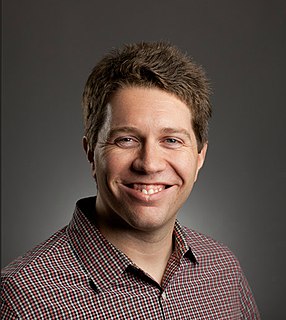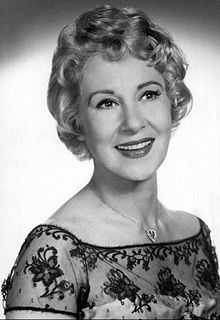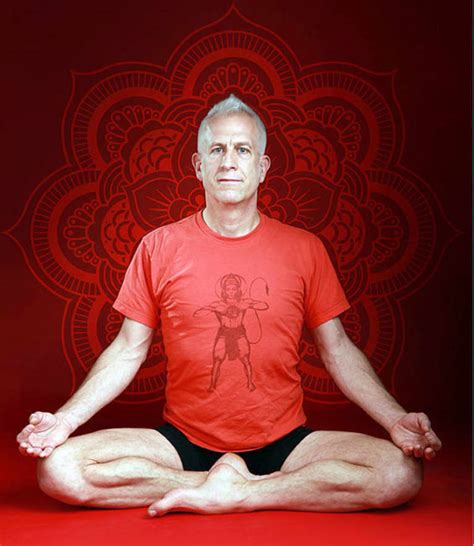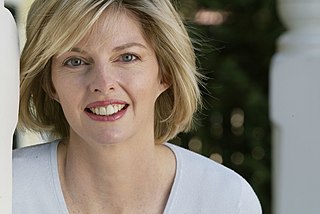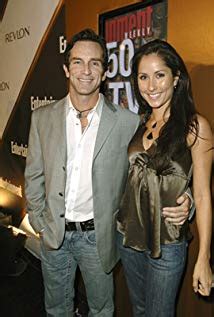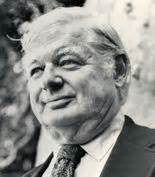A Quote by Nicholas A. Christakis
People have just assumed that... if we call our Facebook acquaintances our friends, we must be influenced by them, too. But we're not.
Related Quotes
We all like to think the world ends when we do. The truth is our acquaintances, our friends, and our loved ones all live on, and through them, so do we. It's not about what you had, but what you gave. It's not about how you looked, but how you lived. And it's not just about being remembered. It's about giving people a good reason to remember you.
We Facebook users have been building a treasure lode of big data that government and corporate researchers have been mining to predict and influence what we buy and for whom we vote. We have been handing over to them vast quantities of information about ourselves and our friends, loved ones and acquaintances.
So long as we insist upon defining our identities only in terms of our work, so long as we try to blind ourselves to the needs of our children and harden our hearts against them, we will continue to feel torn, dissatisfied, and exhausted…. The guilt we feel for neglecting our children is a byproduct of our love for them. It keeps us from straying too far from them, for too long. Their cry should be more compelling than the call from the office.
Our many Jewish friends and acquaintances are being taken away in droves. The Gestapo is treating them very roughly and transporting them in cattle cars to Westerbork, the big camp in Drenthe to which they're sending all the Jews....If it's that bad in Holland, what must it be like in those faraway and uncivilized places where the Germans are sending them? We assume that most of them are being murdered. The English radio says they're being gassed.
In the time since the Baudelaire parents' death, most of the Baudelaire orphans' friends had fallen by the wayside, an expression wich here means "they stopped calling, writing, and stopping by to see any of the Baudelaires, making them lonely". You and I, of course, would never do this to any of our grieving acquaintances, but it is a sad truth that when someone has lost a loved one, friends sometimes avoid the person, just when the presence of friends is most needed.
Facebook has never been merely a social platform. Rather, it exploits our social interactions the way a Tupperware party does. Facebook does not exist to help us make friends, but to turn our network of connections, brand preferences and activities over time - our 'social graphs' - into money for others.
Both our present science and our present technology are so tinctured with orthodox Christian arrogance toward nature that no solution for our ecologic crisis can be expected from them alone. Since the roots of our trouble are so largely religious, the remedy must also be essentially religious, whether we call it that or not. We must rethink and refeel our nature and destiny.


